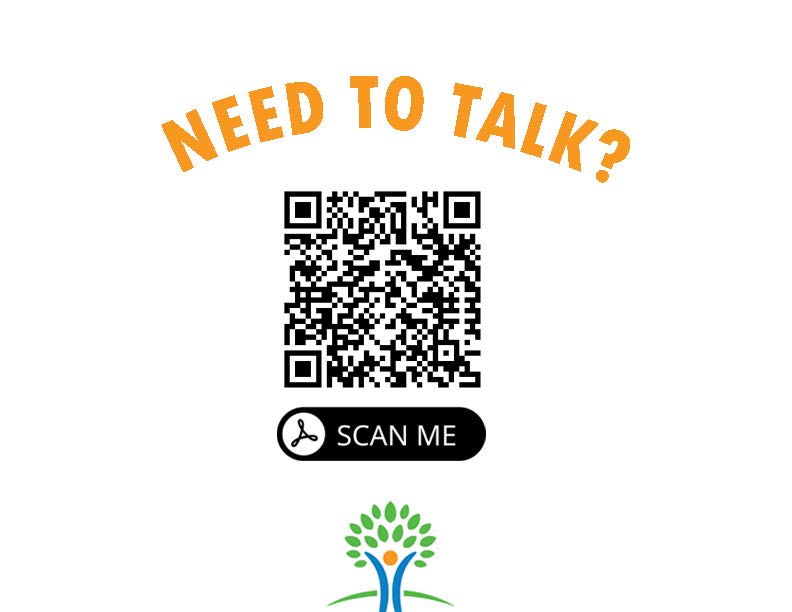
Arlington School Support Line
June 15, 2021
Our friends at Arlington Public School and Cigna have partnered up to provide a school support line linking vital resources for crisis and referral support…
September 5, 2013
 Parenting is a difficult job that can leave us feeling tired, stressed and alone. As a result, parents often feel cut off from the world around them. When parents are disconnected from the family, friends and activities they once enjoyed, they are parenting in isolation without the support they need to keep themselves healthy and able to nurture their children.
Parenting is a difficult job that can leave us feeling tired, stressed and alone. As a result, parents often feel cut off from the world around them. When parents are disconnected from the family, friends and activities they once enjoyed, they are parenting in isolation without the support they need to keep themselves healthy and able to nurture their children.
Who struggles with isolation? ANY parent can feel isolated. Maybe you feel like no one is having the same challenges with their children, or no one is interested in hearing about your experience. Common groups affected by isolation include single parents, divorced parents, parents of children with special needs, immigrant parents, military families…but it can be ANYONE who feels “left out” of what they think of as “normal life.” No matter what your situation, if you feel like you’re facing parenting alone it can be scary! You deserve support and care!
When we try to face the ups and downs of parenting without support, we may also struggle with:
– Sadness, depression, fatigue (especially if isolation results in not learning about tools to cope with special parenting situations)
– Frustration due to lack of adult conversation/venting, anger at situation
– Exhaustion, no chance to rest/get support
– Boredom, lack of activities, interests
When our children are raised with an isolated parent, they often feel alone themselves: – Similar feelings (sadness, fatigue, boredom) if they’re not getting out and interacting – Guilt over parent’s situation (especially if parent is talking about it) – Lack of role model; if a parent shuts down and doesn’t interact with others their child may do the same at school, with family members, etc.
Please don’t parent in isolation…reach out for support!